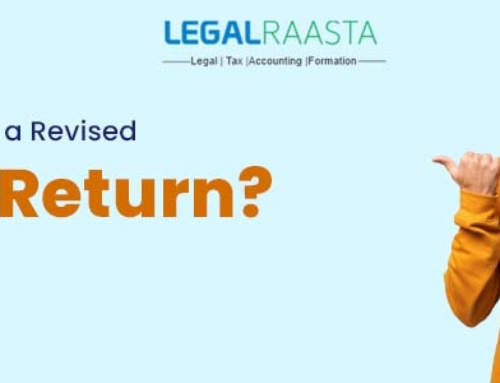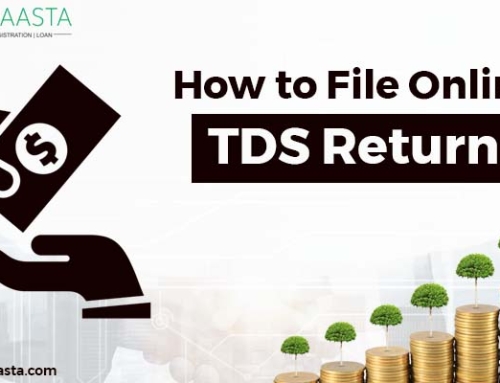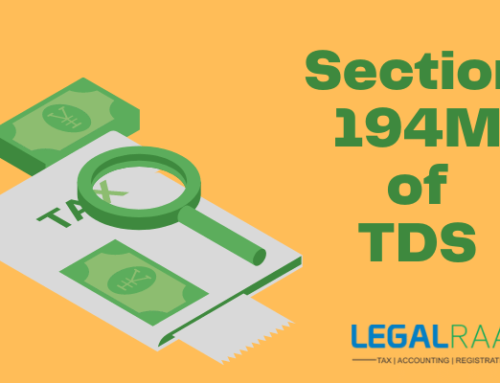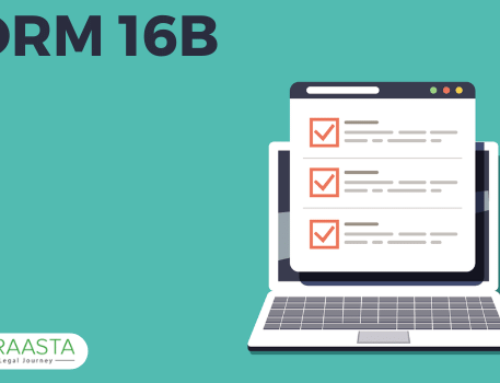According to Section 194I, rent is defined as a payment made under the terms of a lease , sublease, tenancy, or any other agreement to use – land, building, machinery, plant, equipment, furniture, furnishings, or land adjacent to a building. It doesn’t matter if the payee owns it or not. Subletting is also treated as a rent payment. Rent is taxed since it is such an important source of income for many people. Individuals must pay TDS on rent on time and in accordance with ITA requirements in order to simplify the process.
What is the rationale behind the introduction of TDS under Section 194I?
Contents
- What is the rationale behind the introduction of TDS under Section 194I?
- What is TDS on rent?
- Who is eligible for TDS deductions under Section 194I?
- Which payments are subject to TDS under Section 194I?
- Exemptions and Deductions at Lower Rates (Section 194I)
- TDS without service tax
- Nil or lower tax deduction
- Tax Deducted at Source on Advance Rent
- Implications of Failure to Pay TDS Under Section 194I of the Income Tax Act
- What is the TDS Deposit Time Limit?
The Finance Act of 1994 added Section 194I, which deals with tax deductions from rent. The government enacted a provision that allows rent revenue to be covered by a tax deduction at the source. Such income is subject to income tax deductions at source in other countries as well.
What is TDS on rent?
A person who pays rent is subject to a tax deduction at source under Section 194I. TDS can be deducted if the total amount of tax to be paid or received in a fiscal year is more than Rs. 1,80,000. The limit has been raised from Rs. 1,80,000 to Rs. 2,40,000 for the fiscal year 2019-2020. Furthermore, until the rent exceeds Rs. 1 crore, there is no surcharge.
When the rent is higher than Rs. 50000, HUFs and individuals are usually required to pay TDS at a rate of 5% of the total rent received. It is important to highlight that rent paid to government agencies or organizations is not subject to TDS.
Who is eligible for TDS deductions under Section 194I?
TDS can be deducted by entities that are responsible for paying, have credited, or will be credited a total rent of Rs. 1.80 lakh to their landlord in a fiscal year. Such entities, however, cannot be a HUF or an individual.
Which payments are subject to TDS under Section 194I?
It’s worth noting that there are some situations when the income isn’t necessarily rent, but nonetheless falls under Section 194I.
Section 194I of the Income Tax Act covers the following sources of income:
- Renting out factory premises brings in money.
- Payments made to hotels.
- Payments made to cold storage facilities
- The association is responsible for paying the hall’s rent.
- Service charges made to business centers.
- Rent on furniture and structures.
It is important to note that TDS must be deducted on the basis of the rental period and each month under Section 194I. Naturally, if rent is paid yearly or quarterly, it will be distributed in the same manner.
However, there are a few instances where no tax is deducted at source under ITA Section 194I. Those exceptions must be recognized and the process streamlined accordingly.
Exemptions and Deductions at Lower Rates (Section 194I)
The following situations are exempt from TDS on rent:
- When the amount to be paid or has been paid in a fiscal year is less than Rs. 180000.
- The rent is then paid to a government entity.
- When a film exhibitor and distributor who own a cinema theatre split the profits.
- In case if it is an individual tenant or HUF,
TDS without service tax
TDS is subject to service tax only if the total rent from one or more sources in a fiscal year exceeds Rs.10 lakh. In an ideal world, service tax would include cess.
It’s important to remember that service tax is computed on the amount of rent owed, not on the amount of service tax paid.
Nil or lower tax deduction
Entities with a nil or minimal TDS deduction might file Form 15G or 15H to avoid TDS on rent if people with no tax receive rent as income.
Entities can claim TDS refunds in addition to these when filing ITRs. To do so, the taxpayer must claim tax deducted at source as credit and pay the difference between the tax due and the rent deduction.
Tax Deducted at Source on Advance Rent
The payment of advance rent to the landlord is subject to TDS deduction. Regardless, a few exclusions are taken into account while calculating TDS, as detailed below —
- If the advance rent is carried over to the next fiscal year, the tax deducted at source will be proportional to earnings, as calculated by Form 16 for aggregate rent paid in advance.
- When an asset is sold or transferred to another person, the tax credit deducted at the source is not available until the transfer is credited to the new owner.
- The remainder will be repaid to renters if the rent arrangement is canceled after the advance rent has been paid and TDS has been deducted. The landowner must specifically specify the cancellation in the ITR form for TDS deduction.
- A TDS certificate, in the form of Form 16A, must be produced every quarter for payments other than salary.
Implications of Failure to Pay TDS Under Section 194I of the Income Tax Act
Taxpayers who fail to pay their taxes by the due date are subject to a 1% interest penalty. It is important to note that taxpayers must pay interest every month from the date on which tax is to be deducted until the date on which it is actually deducted.
Taxpayers who deduct but do not deposit their money with the government are required to pay interest at a rate of 1.5 percent. However, from the date of tax-deductible until TDS is submitted, such interest must be paid.
What is the TDS Deposit Time Limit?
In various circumstances, these pointers underline the time restriction for TDS deposit.
When TDS is paid on behalf of the government or by the government, the payment must be done on the same day without the use of a challan form.
When TDS is paid by a non-government entity, it must be paid on or within a week of the end of the month in which a deduction will be made.
Also, read
Rent Control Act – Rental Agreement, Rights of Tenant & Landlord
Section 194C- TDS (Tax Deducted at Source) on Payment to Contractors






